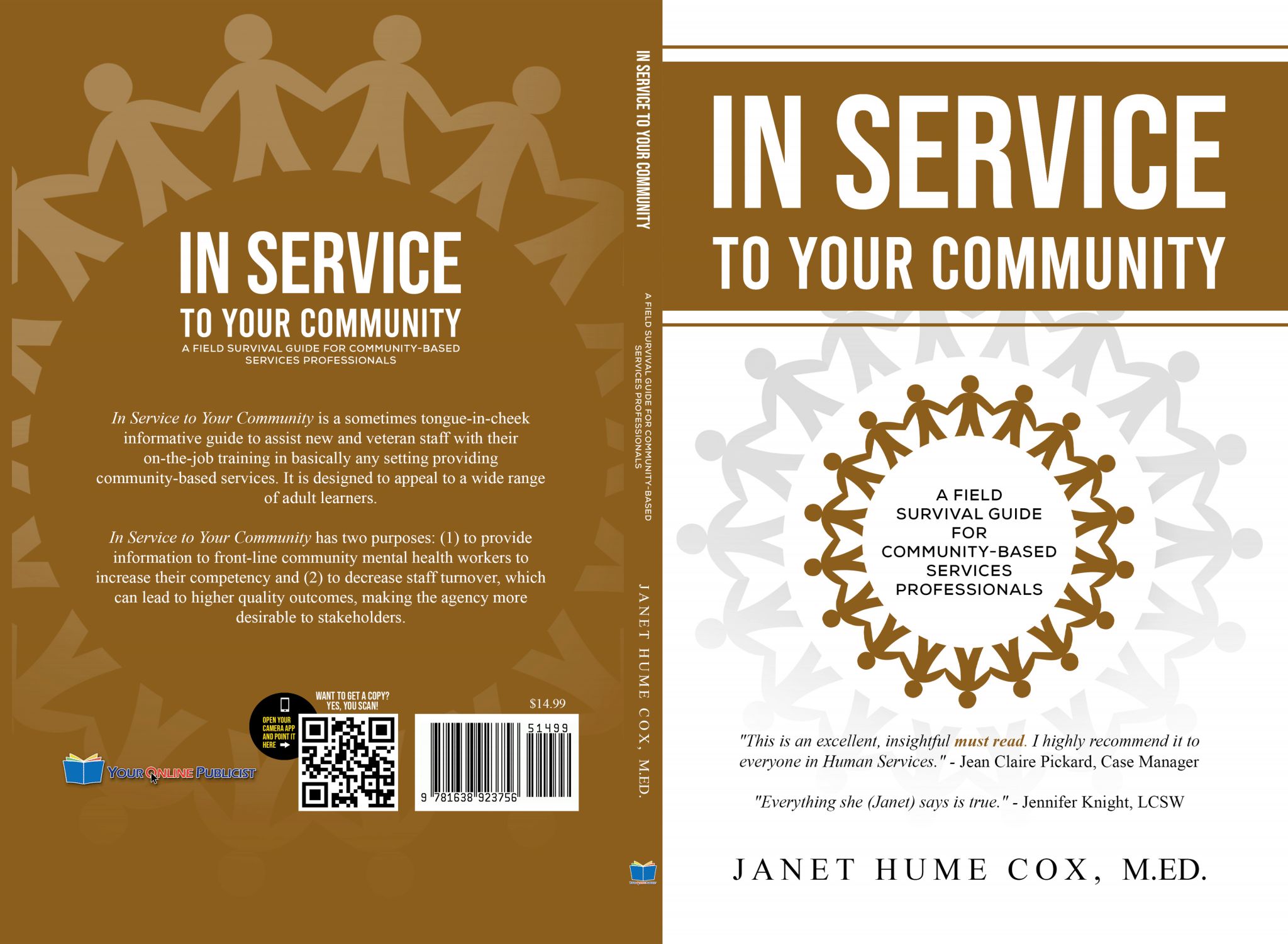Patience is indeed a virtue. If you have a lot of it, you can deal with pressure in a more graceful way. It impedes emotion from taking over your judgment and prevents conflicts from erupting.
However, human as we are, we sometimes reach a point wherein we would want to lose our cool and composure. Our anger can trigger negative effects on our relationships with the people around us. So, as much as possible, we should learn to defuse it.
Here are 5 tips you can do to calm down when you are faced with a situation where you would want to let go of all reason and just explode.
Think before you speak. It’s easy to say something that you will regret later when you are in the heat of the moment. Even if you are mad, always be on top of your thoughts. Be the master of your emotion so you don’t end up saying things that can ruin your relationship with a person you’re bickering with.
- Anger is fleeting. Keep this in mind.
To help you let go of your anger, tell yourself that what you are feeling at that moment will pass. Always remember that anger is an emotion and emotions are temporary. Think of the value of the person you are having a misunderstanding with and assess if it is worth losing the person.
- Exercise is also healthy for the mind.
When things had already escalated, try to get a breather. It doesn’t help if you fight fire with fire. If you can, try to walk it out. Run or do physical activities you enjoy. Exercising releases endorphins (happy chemical), which reduces the level of adrenaline and cortisol aka stress hormones.
- Breathe in, breathe out.
Like exercise, deep breaths also possess the power of endorphins. When you are stressed, your brain releases cortisol. By taking deep breaths, your heart rate slows, and you allow more oxygen to enter your bloodstream and tell your brain to relax. Deep breathing also ups your endorphin.
- Once you’re calm, express your feelings.
To truly deal with the problem, you have to talk it out with the person you are having a conflict with. Do this when your mind is clearer. This will let you find the right words and your emotion will not cloud your judgment. On top of that, both of you can find a solution so the conflict will not happen again in the future.
These are just some of the things that you can do to help you control your temper. But, if you feel like it’s becoming more and more frequent, never be afraid to ask for professional help. Do it for yourself and the people close to you.







